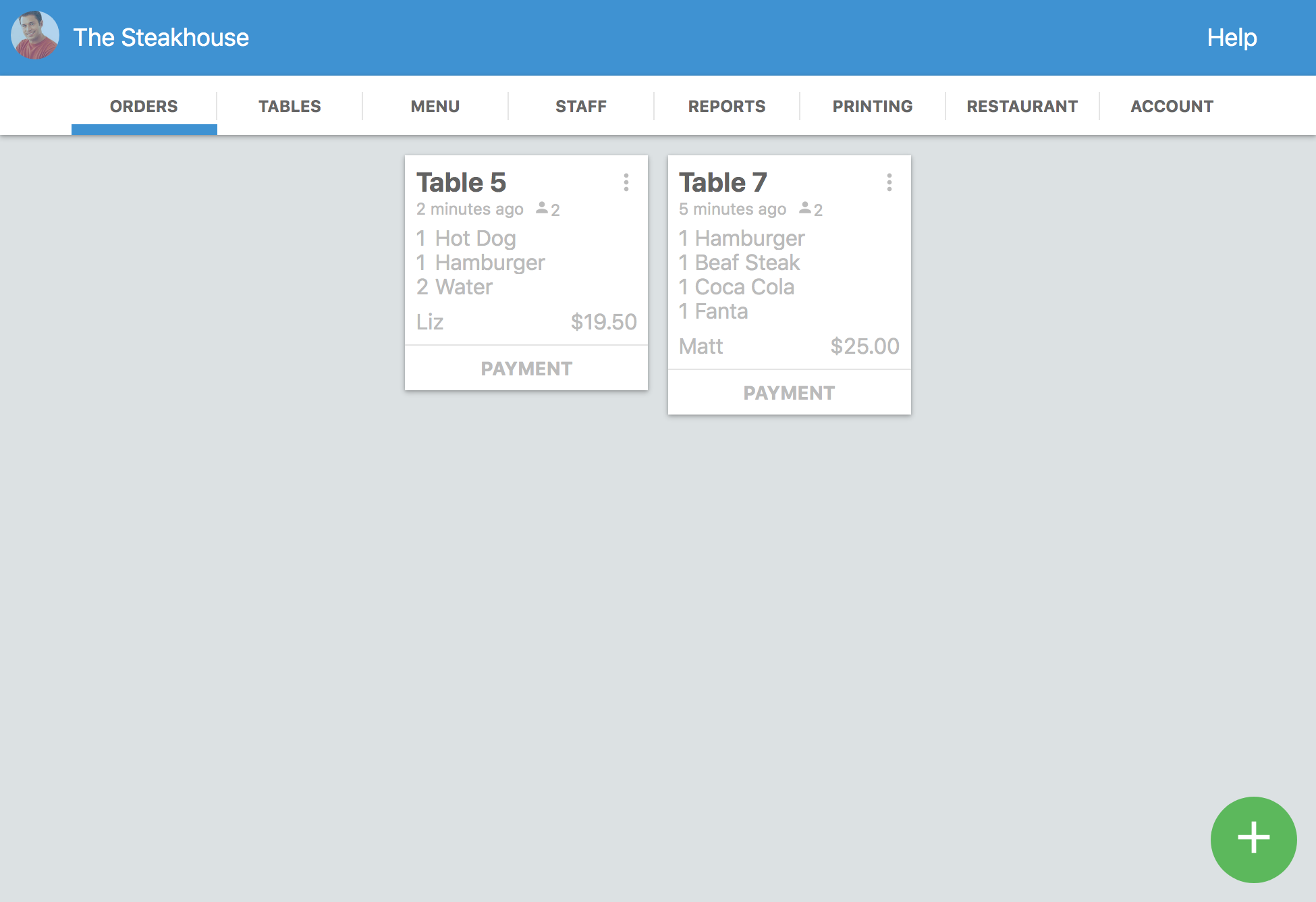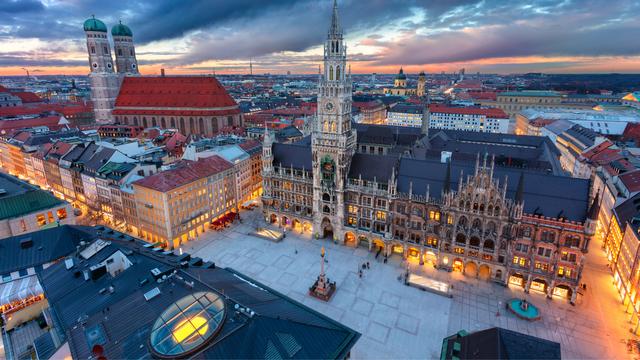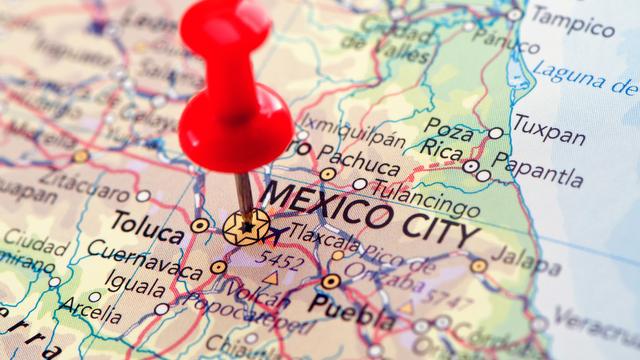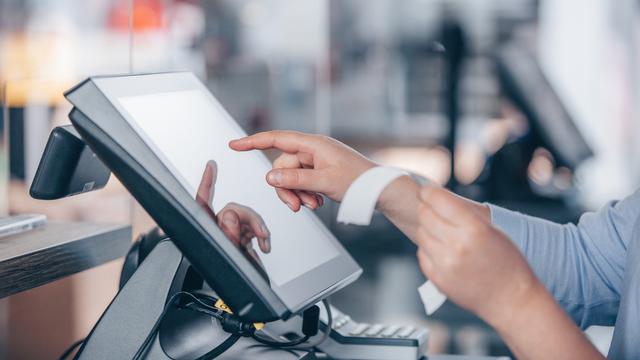Successful restaurants today use both organic and paid advertising to promote their interests online. Digital marketing has become extremely important because consumers use their GPS-enabled phones to find nearby businesses and restaurants, check menus and read reviews. Customers can use their phones to reserve a table, order takeout or schedule a food delivery. Digital methods are also used to recruit staff, strengthen loyalty and brand your restaurant.
It's critical to optimize your restaurant for local searches if you want to realize your full potential. Ideally, you want to be one of the first names that come up in a search engine return page, or SERP. Organic searches are online requests using keyword phrases such as "pizza restaurant" or "nearby fusion cuisine." Optimizing your restaurant for organic searches is called search engine optimization, or SEO. Digital marketing campaigns often consist of paid advertising and SEO.
Paid advertising usually involves pay-per-click, or PPC, advertising. This method is effective for generating Web traffic in a hurry. You only pay for ads when customers click on them. You can write the ads yourself or hire an agent to do the work. It's important to attract attention, write a concise description and use keyword phrases that your customers are likely to use in their search requests. Paid search engine advertising has become the fourth most popular kind of digital marketing for restaurants.
SEO Marketing
Your organic marketing efforts take some time, but they can deliver a steady stream of customers. The key to success is to build an appealing online profile. You do this by optimizing your on-site content for searches by following Google and other search engine guidelines. Google is the most popular search engine, so most restaurateurs optimize for Google. You can find information about Google SEO best practices by clicking the highlighted text.
Off-page SEO involves getting your name published in other forums such as social media, restaurant review sites, business organizations, coupon companies and local media. Organic marketing is free, but there are expenses involved in creating and posting fresh content, researching the Internet and networking with prospective customers. The following efforts should help you begin getting more website traffic, orders and bookings:
Claiming Your Free Listings
Local citations are important for building an online profile for your restaurant. Citations are listings, mentions and website links to other sites. Online directories include yellow page-type listings, generic business directories, restaurant-review sites like Yelp, Google Maps and local media such as newspapers, city magazines, etc.
Most of these sites offer free listings of local businesses, and many print information from other sources without verifying whether it's current or accurate. That's why it's important to research what appears online about your business. You can correct inaccuracies, update contact information and respond to negative reviews, blog posts and news articles.
One study found that consumers appreciated restaurants that responded to complaints promptly. Monitoring your reputation allows you to respond to negative press and impress customers with your dedication to customer service.
Optimizing Local Digital Marketing Campaigns for Restaurants
There is a wealth of local marketing opportunities available online. You can use GPS technology to market to nearby consumers for your breakfast, lunch and dinner promotions. If you’ve claimed your free listings on the Internet, these can bring regular customers and tourists to your door. Local marketing is a great way to promote specials, menu changes, restaurant events like tastings and business milestones. You can also arrange to promote your restaurant digitally at local factories and office buildings. If you can connect with nearby festivals, sports matches and schools, you can promote your restaurant with compelling content about your cuisine, staff, supply chain and entertaining behind-the-scenes stories.
Creating Social Media Promotions
The first step of promoting your restaurant on social media is choosing which platforms are most important. If you serve business types, then LinkedIn is probably a good choice. Using Facebook, Twitter and Instagram are great for almost all types of restaurants because you can target your audience, post appealing photos and videos of your food and write compelling content that your ideal audience is likely to share with like-minded friends.
You should always include social sharing buttons in highly visible positions on your website and Web pages. Customize your content by channel - such as choosing visual content for Instagram, Facebook and Pinterest. Short messages are ideal for Twitter marketing. If you have an email list where customers have agreed to receive SMS messages, you can send timely marketing messages such as daily special, information about upcoming events, etc.
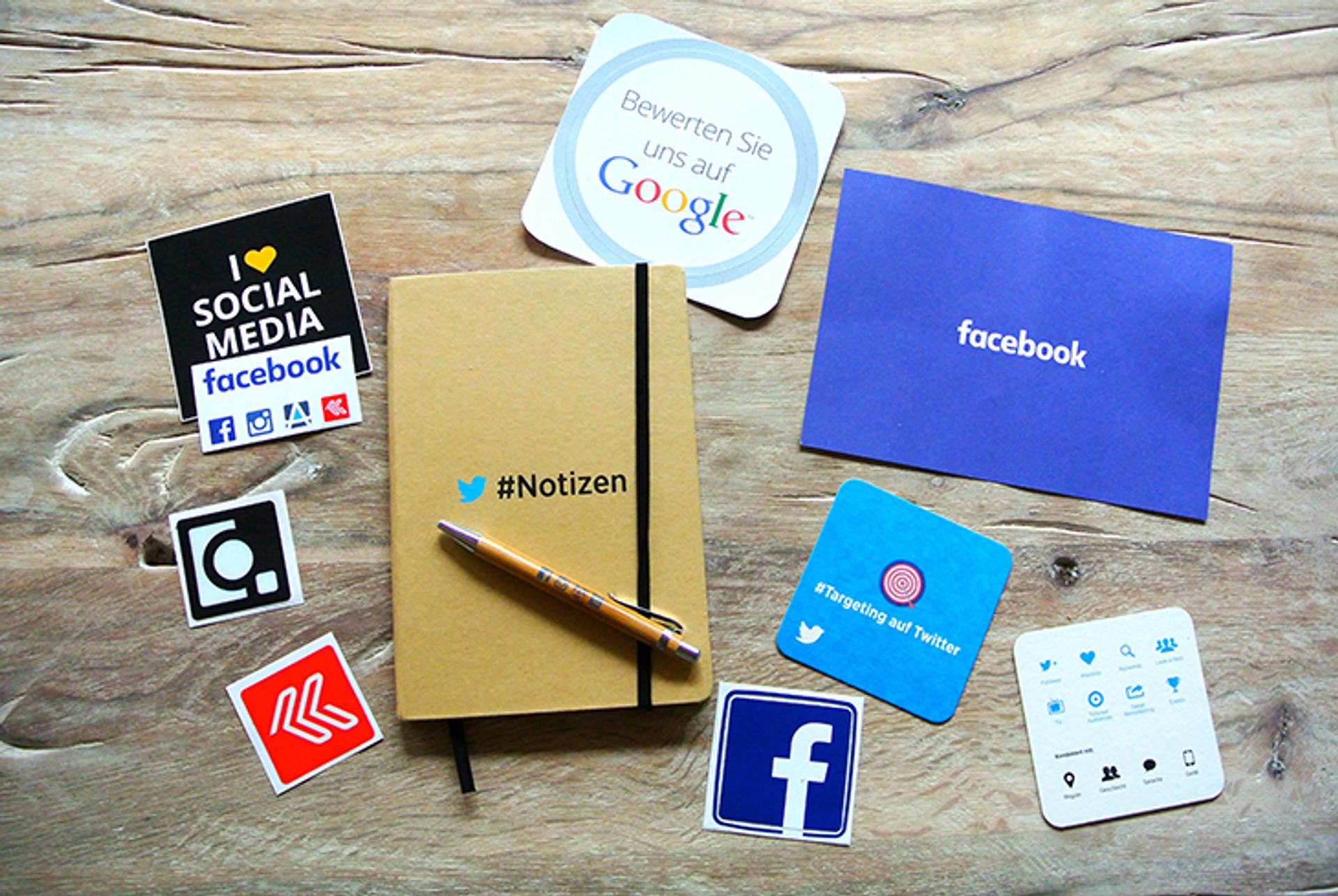
Using Your Website and Marketing Your Menu
Your website must be functional and easy to navigate with high-quality content for two reasons. The first is that potential customers only know you by what they see online, so your website design and functionality are critical to forming a favorable impression.The second is that responsive design, easy navigability and high-quality content are important if you want to rank near the top in SEO searches.
Websites today need to be optimized for mobile phones. This is called responsive design, and what it means is that your display adjusts for maximum appeal on each screen and browser. Big buttons for easy clicking on smaller phone screens help your customers to book tables and order food. If areas of your website download slowly or don't work, you lose business.
Posting your menu on your website and other platforms is also important. Your menu is your most important marketing tool, so optimize it with appealing photos, clever descriptions and menu engineering to encourage higher sales.
You can also use electronic signs to post your menu, specials and content on big screens for your customers to read when they’re in the dining room. The immediacy of these posts helps to ensure higher response rates.
Press Releases and Blog Posts
Sending press releases can be an effective digital marketing tool. The key to success is to make your post seem newsworthy by announcing a new menu item, staff change, seasonal wine list or company milestone. You can write press releases about different cuisines, wine, beer and top-shelf liquors and liqueurs. Nutritional and diet information are also popular topics.
Personalized Marketing Messages
Using inbound marketing analysis, you can create demographic profiles your existing customers with a high degree of accuracy. This allows you to personalize marketing messages such as sending a birthday incentive email, congratulating a couple on their anniversary, promoting school-dance and prom dinner specials and targeting customers based on their culinary preferences, gender, age, income and other data.
Create a Loyalty Program with Automated Internal Records
Loyalty programs have gone through several stages since digital marketing became common. At one time, people accumulated so many loyalty cards that they stopped using them. Digital technology allows restaurants to automate loyalty rewards by collecting information from your POS system. That’s easy when your POS system - such as the simple and inexpensive Waiterio interface - supplies critical information to your CRM software. You can manage a seamless loyalty program that registers a customer’s purchases automatically. Digital technology allows you to offer a wider range of incentives and redemption options.
Networking Online to Build Sales
Spending some time on networking online can generate sales and build customer loyalty. For example, if you own a sports bar, you might want to post articles or advertise on sports-related websites. You could also connect with local business organizations, join the chamber of commerce and participate in programs that bring together area business leaders for lunch. Local chambers and business organizations often have newsletters that will promote your restaurant. Many business organizations provide access to fax and email lists of their members, which you can use to market your restaurant.
Many restaurateurs create cross-promotional events and promote them with digital marketing campaigns. You can partner with any like-minded business that complements your restaurant operations. These cross-promotions can be especially effective. Examples of this kind of promotion include:
- Sponsoring a bike-sharing and/or ride-sharing option for visiting the restaurant
- Partnering with a florist or a candy company to promote special occasions like Valentine’s Day, spring promotions and other holidays.
- Organizing tourism packages that include dining, hotel accommodations and tickets to local museums and attractions
- Promoting branded sports merchandise for local teams and getting celebrity athletes to appear at the restaurant
- Hosting a charity event where a percentage of the proceeds is donated to the cause
These are ideal promotions to market online on your website and on social media platforms. You can also cross-reference any promotion through traditional media outlets and guerrilla marketing campaigns.
Rank on Review and Coupon Sites
Restaurant review websites and coupon companies promote restaurants, post menus and publicize promotions such as daily deals. Reviews can have both positive and negative effects, but you can reduce the effects of negative posts by responding promptly online when you find a bad review or customer complaint.
Yelp is especially important to restaurateurs. Regardless of whether you love or hate Yelp, smart owners try to make the most of favorable news while minimizing the impact of disparaging posts. You can set Google alerts for your restaurant's name to monitor what others are saying about your restaurant.
The longer you work on organic SEO, the stronger your restaurant's online profile will grow. The keys to success are posting fresh content regularly, monitoring your online reputation, networking effectively and crafting social media campaigns.


